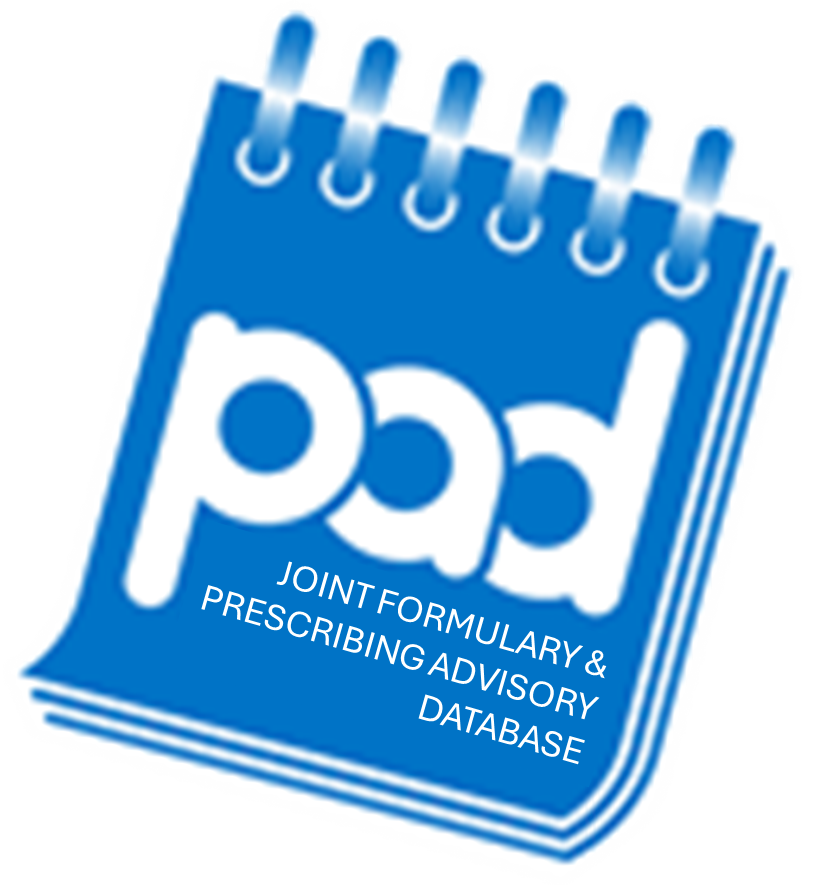
Wound Drainage Bag - Wound management
You are here : Home > Formulary Search > Wound Drainage Bag - Wound management
Status 1
- Not Specified
ONLY for chronic non-healing highly exuding wounds. Preferred product 'Eakin wound drainage bag with fold and tuck closure, small.
DO NOT prescribe for shower protection for renal dialysis.
Documentation
- No records returned.
PAD Profile
Committee Recommendations (1)
The Surrey Heartlands Integrated Care System Area Prescribing Committee agree to adopt the South West London position statement for wound drainage bags.
Wound management – Wound drainage bags are for chronic non-healing and highly exuding wounds, which are unmanageable with standard formulary dressings, only on recommendation from Tissue Viability nurse (TVN). The preferred product is the ‘Eakin wound drainage bag with fold and tuck closure, small.’
Renal dialysis – Primary care prescribers are asked not to prescribe any wound drainage bag shower protection pouches and auxiliary products for dialysis patients. E.g. Cath Dry Dressing, Independence easy access / wound protection /collection pouches, LINC catheter shower pouches or independence No Sting Barrier Film wipes.
Ensure that new and further prescriptions are not issued on a dispensing appliance company’s (DAC) recommendation on behalf of a patient. If required, patients can be asked to seek further advice from their dialysis clinician or dialysis nurse at their regular appointments.
Other Indications
Below are listed other indications that Wound Drainage Bag is used to treat.
- No records returned.
Other Drugs
Below are listed other drugs that are used to treat Wound management.
